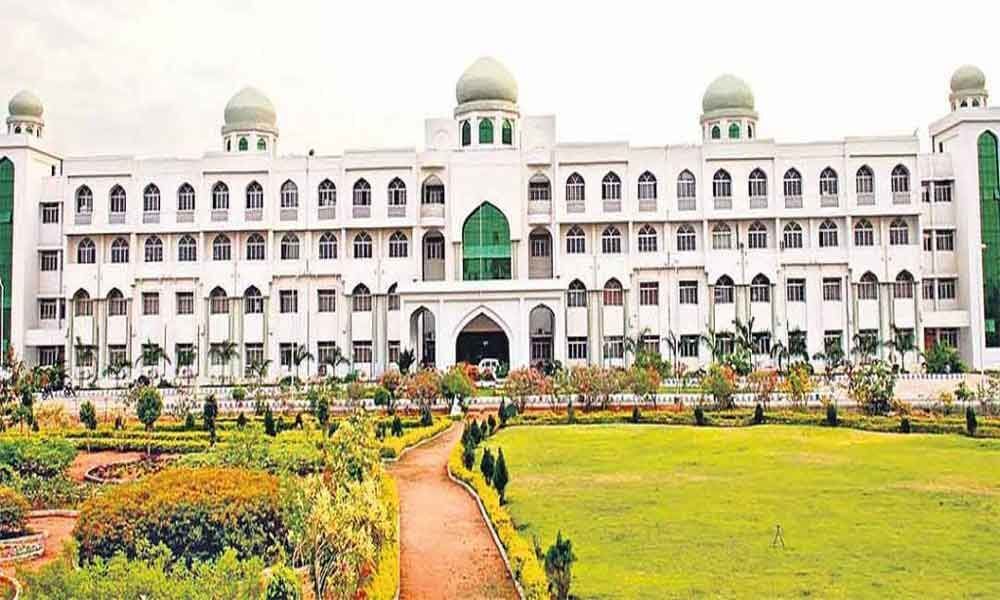Live
- Rising star Vaishali Rameshbabu to return for Norway Chess Women 2025
- Sikkim CM calls on Guv, extends greetings on Constitution Day
- Narendar Kumar Ale’s Innovative Approach to Integrating AI and ML for Sophisticated Frameworks and Data Analytics
- New vaccine offers high protection against malaria
- Mumbai Indians (MI) Squad for IPL 2025: Key Players, Auction Purchases, and Team Overview
- BJP MLAs stage protest over arrest of ISKCON monk in Bangladesh
- Global foldable smartphone shipments decline in Q3, Samsung leads
- Photo of cops violating Sabarimala temple traditions goes viral; report sought
- ISL 2024-25: Mohammedan SC eye first home win against in-form Bengaluru FC
- Amid rumours of rift between Aishwarya-Abhishek, Shweta makes this kind gesture









